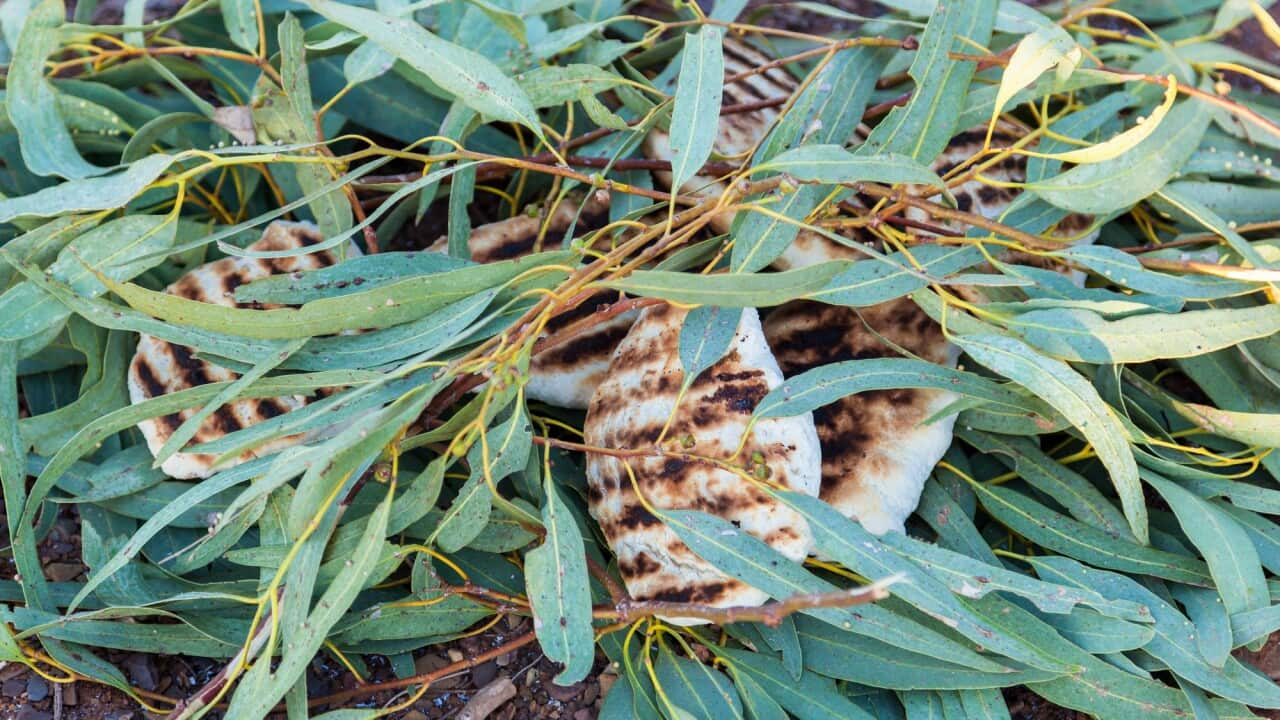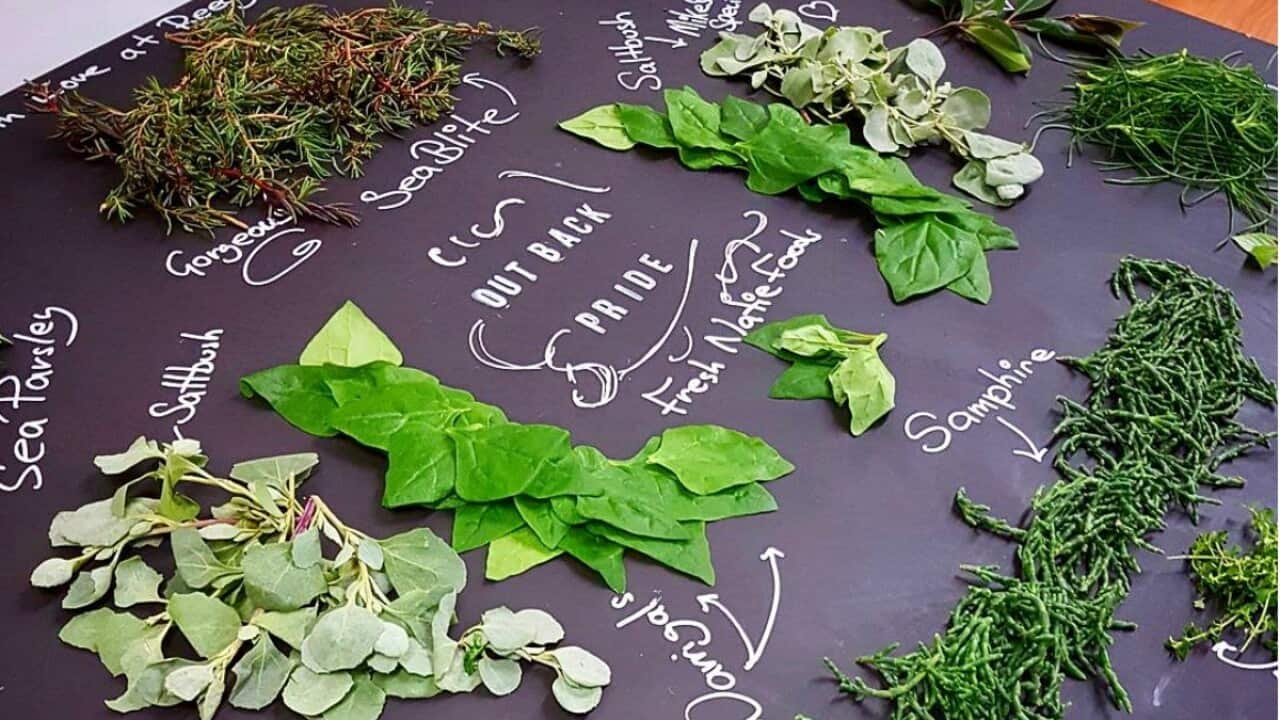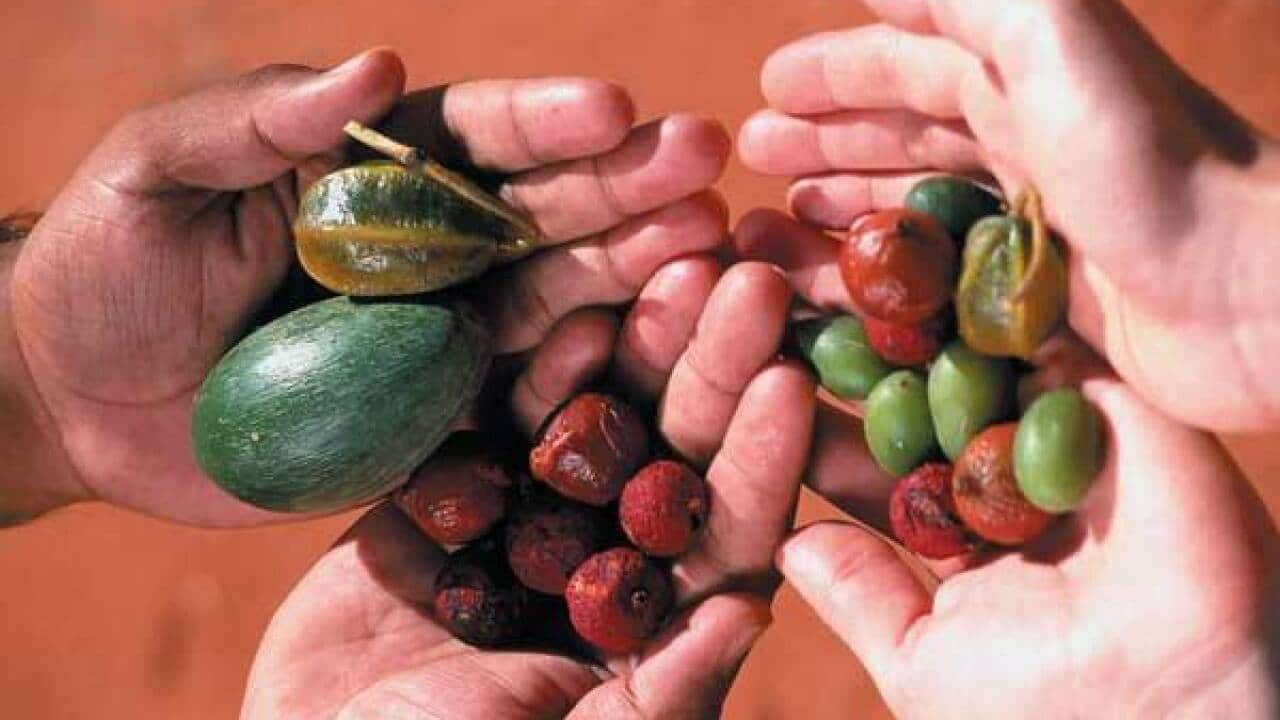Insects, goanna, kangaroo, shellfish and wallaby: traditional Aboriginal and Torres Strait Islander diets are abundant in iron-rich foods.
Today, however, the diet of many Aboriginal and Torres Strait Islander kids is low in iron. Up to of children aged between six and 23 months living in remote Indigenous communities in Far North Queensland have , a condition defined by low haemoglobin that is often caused by an iron-deficient diet.
Iron, a building block of haemoglobin, is one of the essential minerals that humans need, especially in the first 1000 days of life – from conception to the age of two – to fuel their development into adulthood. Vital for healthy neurodevelopment, iron is also used in the transportation and storage of oxygen around the body and the proper functioning of the immune system.
The effects of anaemia not only impact health and development in the first thousand days. published in the Dietitians Association of Australia’s journal, Nutrition & Dietetics, shows that early life anaemia may be affecting children at school age. The study looked at data from the (AEDC), a national census of early childhood development conducted every three years that assesses children across five domains: "physical health and wellbeing, social competence, emotional maturity, language and cognitive skills (school-based), and communication skills and general knowledge." The study found that early childhood anaemia more than doubled the risk of developmental vulnerability – that is, falling below the 10th percentile in one or more domains – among school-age children in Aboriginal and Torres Strait Islander communities in Far North Queensland.
Solving the problem of anaemia
The iron stores of a healthy, full-term baby tend to run out at around six months of age, when solids should be introduced. While breast milk and formula milk contain iron, these infant iron stores come primarily from the mother in the last 10 weeks of pregnancy – one of the reasons why a woman’s daily iron requirement spikes dramatically in pregnancy. It's for this reason that maternal anaemia is a major contributing factor to childhood anaemia, along with poor diet, infection and disease. One way to address early childhood anaemia is through diet. Foods such as lean meat, eggs, sardines, peanut butter, green vegies and lentils are good sources of iron, particularly when consumed with foods high in Vitamin C, which assists with absorption. It’s also important to limit consumption of cow’s milk, which is both , before 12 months.
One way to address early childhood anaemia is through diet. Foods such as lean meat, eggs, sardines, peanut butter, green vegies and lentils are good sources of iron, particularly when consumed with foods high in Vitamin C, which assists with absorption. It’s also important to limit consumption of cow’s milk, which is both , before 12 months.

Wild-harvested oysters are a good source of iron. Source: Getty Images
In locations like Cape York where the prevalence of early childhood anaemia exceeds 20 per cent, the World Health Organisation recommends food fortification, where vitamins and minerals such as iron are added to foods for older babies and little children
However, putting an end to childhood anaemia is not as simple as telling children and pregnant women to eat steak and spinach. Many environmental factors negatively impact diet in remote Indigenous communities. Amanda Cole is Optimal Infant Nutrition Project Manager at in Far North Queensland. She says issues such as accessibility, availability and affordability affect food security and diet in remote Indigenous communities. “The wet season, for example, can really impact what food is available,” she says.
However, putting an end to childhood anaemia is not as simple as telling children and pregnant women to eat steak and spinach.
Cole and her colleague with Apunipima, work with communities in Cape York to promote nutrition and healthy eating habits. “People love a cook-up, so we do cooking demonstrations to complement our work,” says Thompson. “We always try to invite community to be part of the work that we’re doing. It’s not about us being the experts, but it’s about us working with community members to showcase traditional knowledge.”
The answer to problems like anaemia are often found in communities themselves, they say. Part of the nutritionists’ work is to celebrate and promote traditional diets that are rich in iron and other essential vitamins and minerals. “A lot of the project work we’re doing in communities in the Cape is looking at what strengths are already in community and how we can build on those strengths,” says Cole.
In 2019, Apunipima Cape York Health Council created celebrating traditional foods and practices. “Those videos were led by communities,” says Thompson. “There was no script – they decided on stories and location and what they wanted to share.”
The film project involved everyone from community elders to local high school students. In one video, a hunt through rich mangrove mud yields periwinkles, akul (mud mussels) and imuyu (mud crab), which is immediately cooked over a fire by the river. Later, student Montaya Bousen describes how her favourite bush foods are ilnti (bush cherry) and aka (sea lemon), while community elder Old Lady Queenie recalls how her mother taught her how to collect thampu, or yams, considered an important food for pregnant women.
It’s about us working with community members to showcase traditional knowledge.
The videos series is a great example of how communities “share knowledge through the generations”, says Thompson, “as it always has been, just using some of the more modern tools”. Communities and the health professionals who work with them hope such resources will help mums and children overcome preventable problems like anaemia.
Indigenous flavours

How this food-growing technology empowers Indigenous communities






